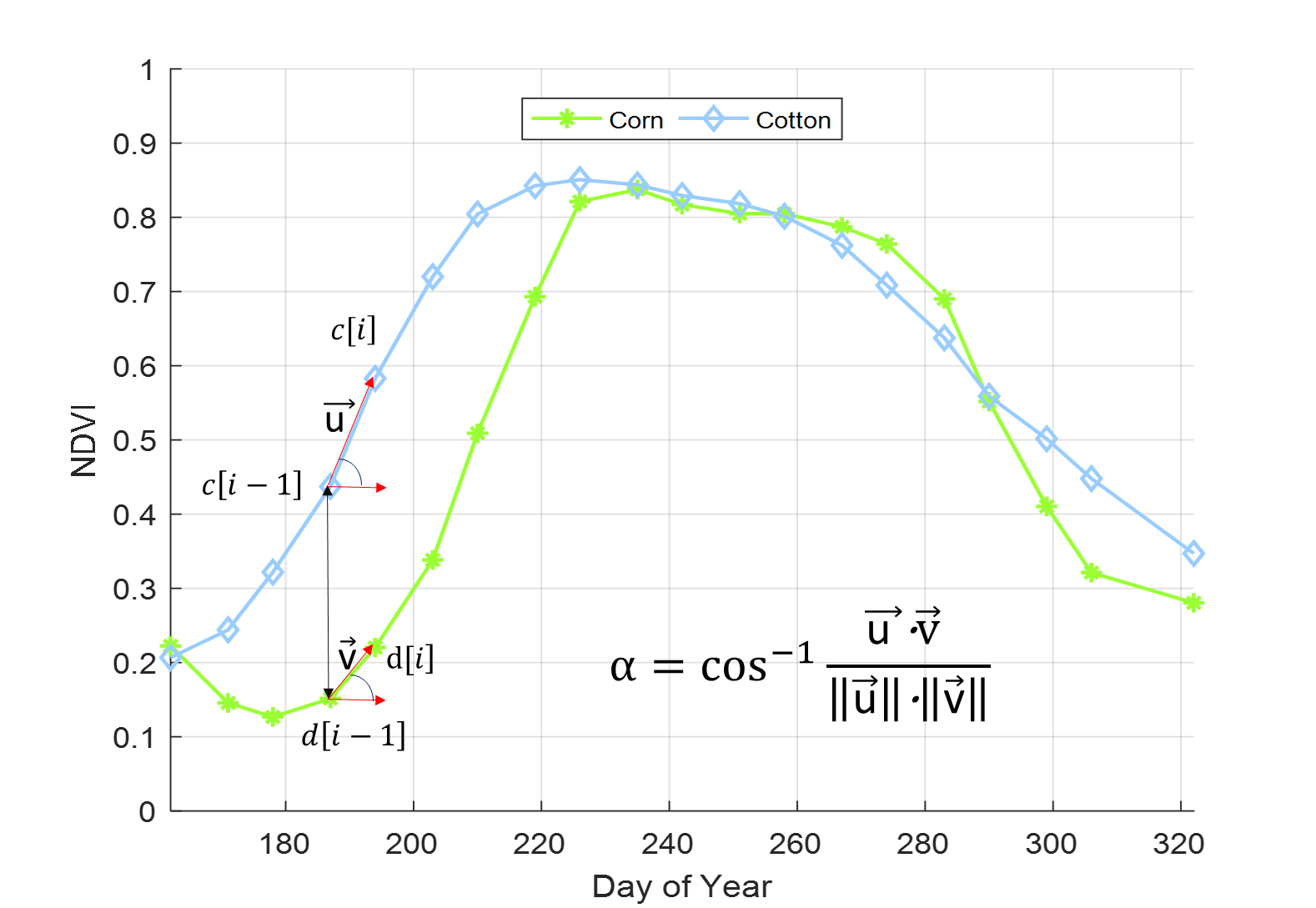PhD. Candidate: Mustafa Teke
Program: Information Systems
Date: 15.01.2020 / 14:00
Place: Conference Hall-1
Abstract: Recent automated crop mapping via supervised learning-based methods have demonstrated unprecedented improvement over classical techniques. However, most crop mapping studies are limited to same-year crop mapping in which the present year’s labeled data is used to predict the same year’s crop map. Classification accuracies of these methods degrade considerably in cross-year mapping. Cross-year crop mapping is more useful as it allows the prediction of the following years’ crop maps using previously labeled data. We propose Vector Dynamic Time Warping (VDTW), a novel multi-year classification approach based on warping of angular distances between phenological vectors. The results prove that the proposed VDTW method is robust to temporal and spectral variations compensating for different farming practices, climate and atmospheric effects, and measurement errors between years. We also describe a method for determining the most discriminative time window that allows high classification accuracies with limited data. We carried out tests of our approach with Landsat 8 time-series imagery from years 2013 to 2015 for classification of corn and cotton in the Harran Plain, and corn, cotton, and soybean in the Bismil Plain of Southeastern Turkey. In addition, VDTW was tested with corn and soybean in Kansas, the US for 2017 and 2018 with the Harmonized Landsat Sentinel data. The VDTW method improved the cross-year overall accuracies by 3% with fewer training samples compared to other state-of-the-art approaches including spectral angle mapper (SAM), dynamic time warping (DTW), time-weighted DTW (TWDTW), random forest (RF), support vector machines (SVM) and deep long short-term memory (LSTM).
